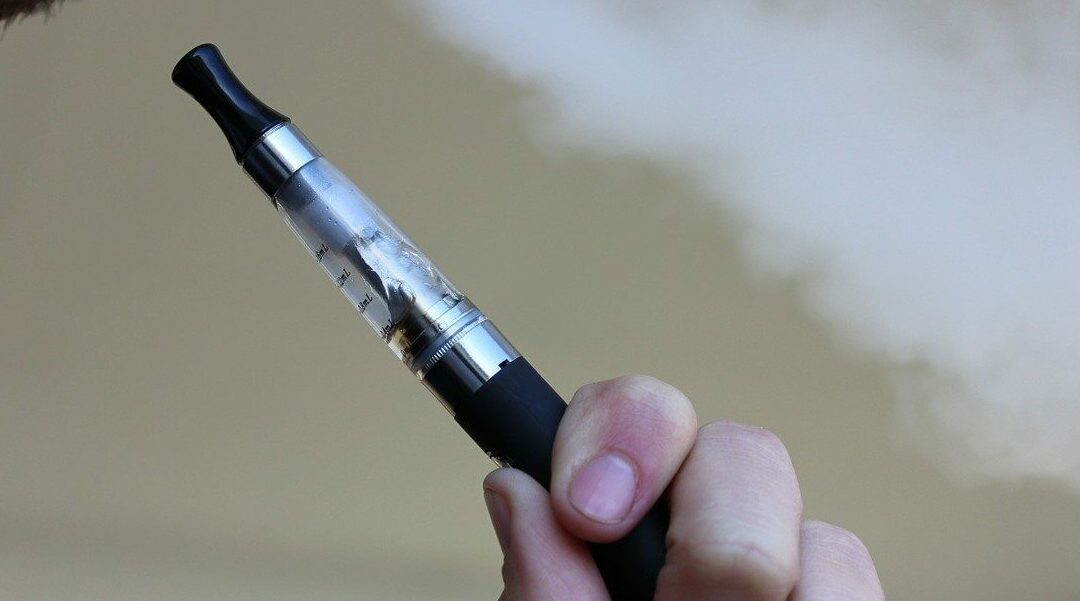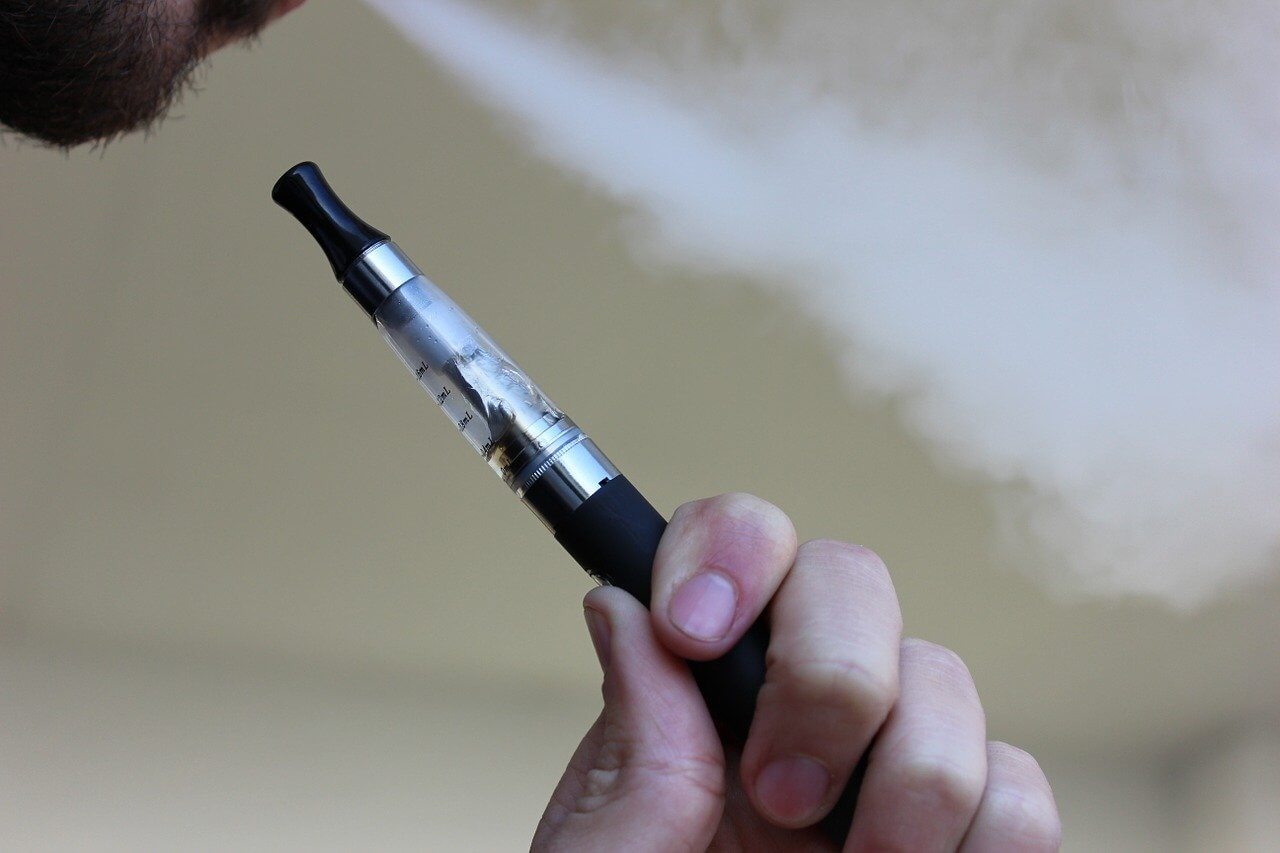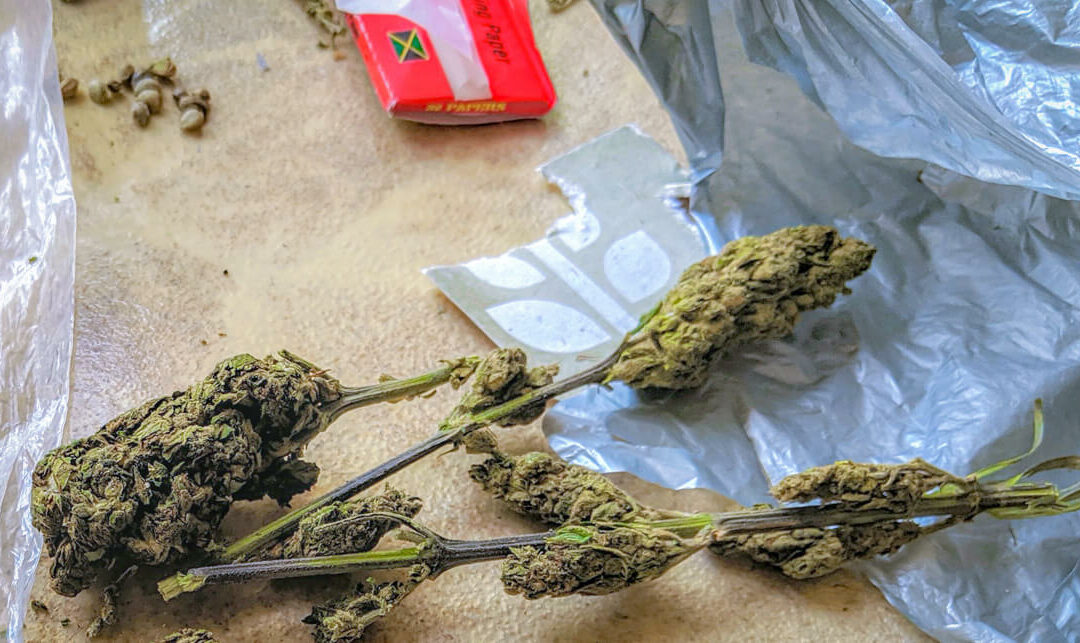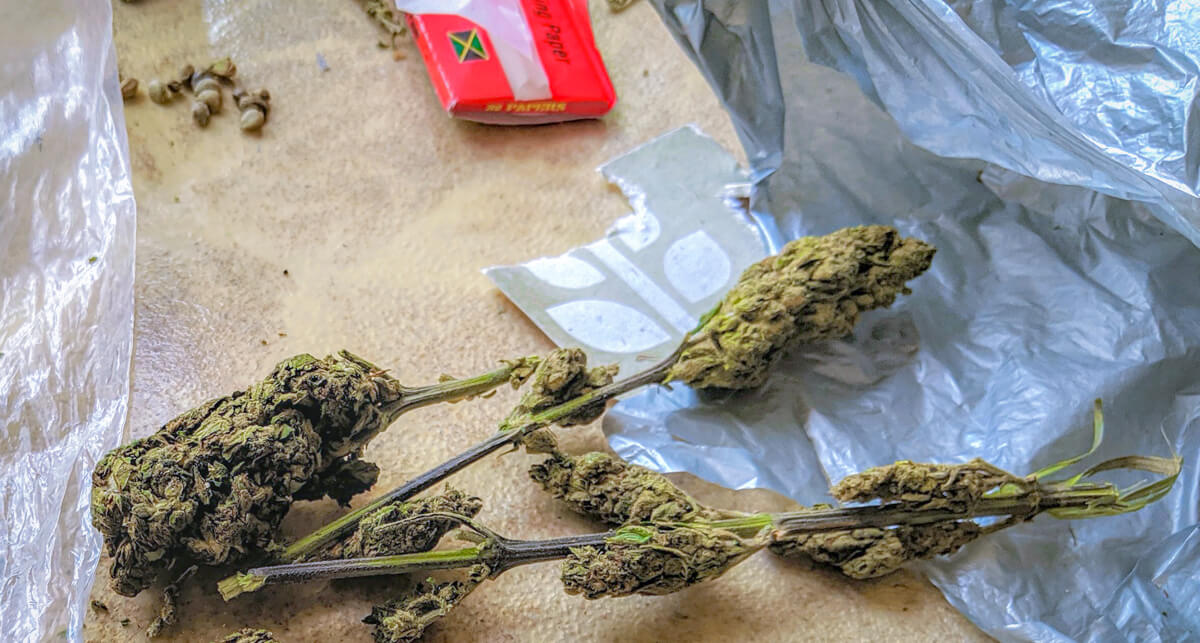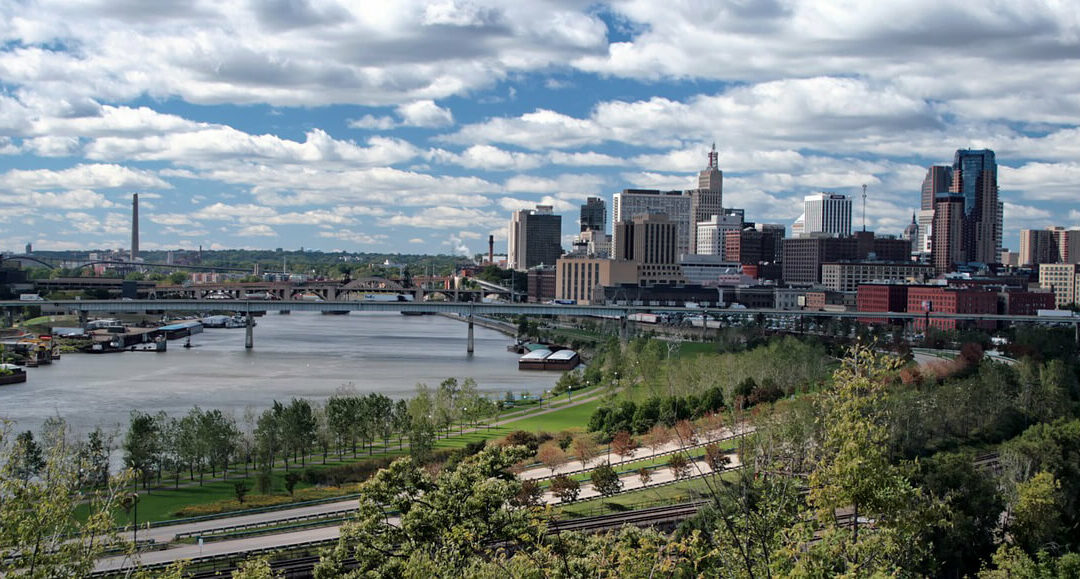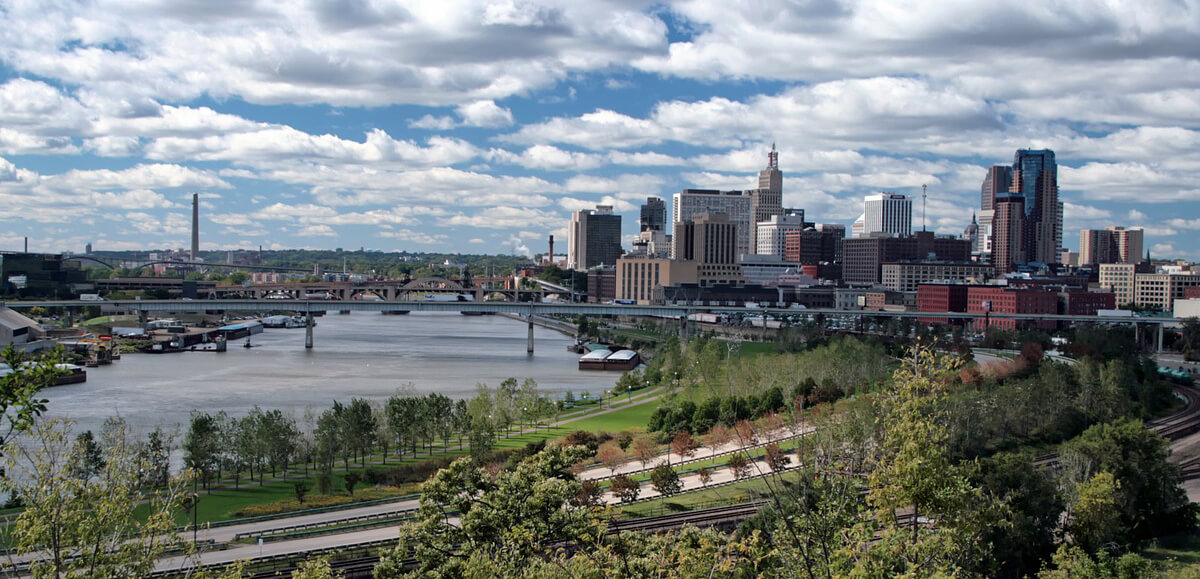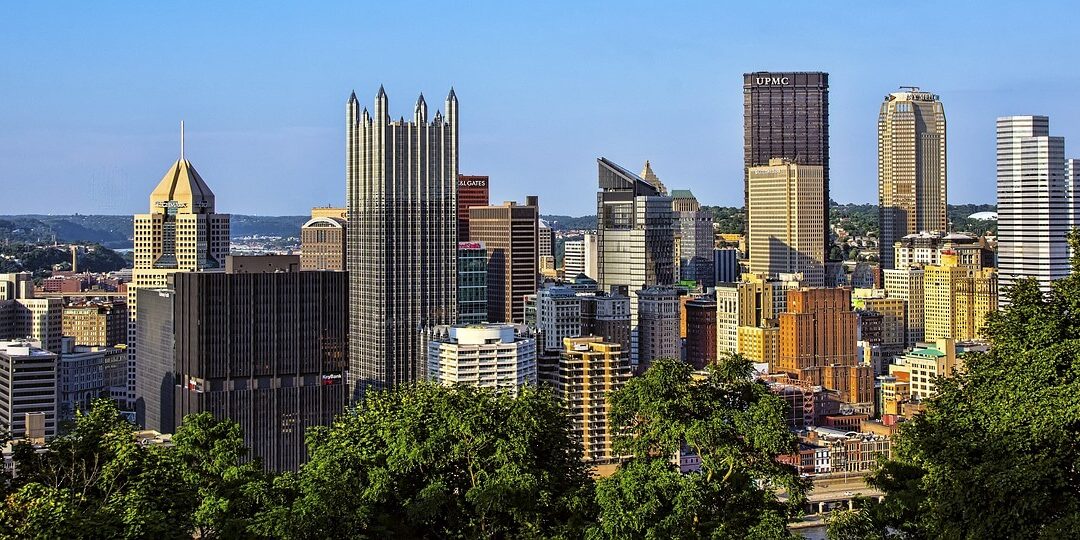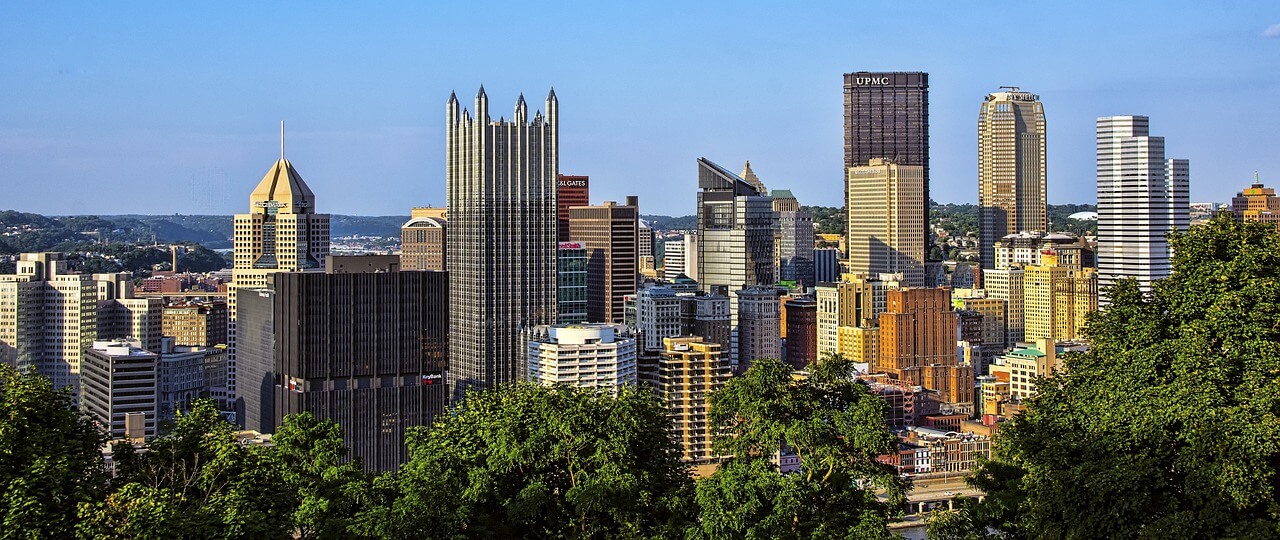
Is now the time to invest in cannabis stocks?

Legalization talk and Reddit stock warriors are driving more people to invest in cannabis stocks, but the stocks aren’t returning on the investments yet.
The industry is booming and growing at an exponential rate, but due to federal law, there are very few publicly traded “cannabis” companies. For this reason, investors in the US looking to cash in on cannabis will look to Canada.
Aphria, Tilray, and Canopy Growth are a few of the big players in Canada, with billions in investment assets. However anybody who actually follows the industry in Canada could see plain as day that these companies are not performing.
So why are people just now deciding to invest in these companies?
Legalization and Reddit
Unless you’ve been living under a few rocks for the last month, you have likely heard about the GameStop Reddit controversy. If not, here’s what happened; hundreds of users of the social media platform’s subreddit r/WallStreetBets found out that a billion dollar hedge fund was shorting GameStop stock, buying stock in advance to drive down price with the goal of being bought out at their original buying price.
Investors from r/WallStreetBets decided to buy up as much GameStop stock as possible, forcing the hedge fund to cover its losses and pay out for the increased stock price. If it hasn’t become obvious, I’m not a stock expert, so excuse the lazy explanation.
Long story short, GameStop’s stock price rose from $34 to $340 in a couple days, making those who cashed out a lot of money, while others bought in late thinking the stock would continue to rise, only to watch it tank days later.
Now, with a democrat majority in the House and Senate and control of White House, the party is pushing for cannabis reform, and likely federal legalization. With multiple party members publicly speaking about their intentions, the Reddit swarm caught wind and started talking cannabis stocks. But unlike GameStop, Reddit couldn’t manipulate the cannabis stocks in the same way.
Tilray and Aphria Merger
After news surfaced that two of the largest cannabis companies in Canada would be merging together, a lot of investors tried to cash in on the opportunity. In December of 2020 when the merger was initially announced, the stock began to sore as more began to invest.
The investment experts at Reddit appear to have caught on a little too late, pushing everybody on the platform to invest in these companies just in the last week. Unfortunately they couldn’t drive up the price in the same way as GameStop, and the stock eventually fell 4% despite the increased activity.
In other words, the stock spiked temporarily, and smart investors who already bought in at $23/share at the beginning of February were able to cash out at $63/share on February 10th. By February 11th the stock price was halved.
All of this drives the questions a lot of enthusiasts and investors are asking; is now the time to invest in cannabis stocks?
Wait for legalization?
The reality is that for most Americans trying to cash in on cannabis, the market is very small, niche and not very profitable in the United States market. This is why you see so much attention focused on Canada’s cannabis companies, because they federally legalized cannabis in 2018.
While there are some companies in the United States that work within the cannabis industry and are listed on the stock exchange, they are typically ancillary businesses, in other words businesses that don’t work directly with the plant. Equipment supply companies, pharmaceutical companies that research cannabis, etc. are the typical companies you’ll find in the US market.
With little information and education regarding these companies and the industry as a whole in the US due to no federal reporting, now is not the best time to invest in cannabis stocks in the US. Keep in mind that THIS IS NOT FINANCIAL ADVICE, WE ARE NOT FINANCIAL EXPERTS, WE JUST LOVE CANNABIS.
Politicians in the US have been talking about legalizing cannabis for close to a decade, and it has yet to even be decriminalized. To put hope into our politicians and betting money on them (literally) actually making progress toward legalization would be unwise at this time.
Consider that it wasn’t Republicans, but moderate Democrats in the House that refused to pass the MORE Act last October, opting to wait until after the election because they had their own seats to protect. With more elections coming up in 2022, we can expect a similar approach by moderates in the party, inadvertently blocking any sort of legalization from passing.
For now, the smart move is to closely watch the Canadian market, and push your local legislators to support legalization in your state and on the federal level. It’s your money, so spend it wisely!

